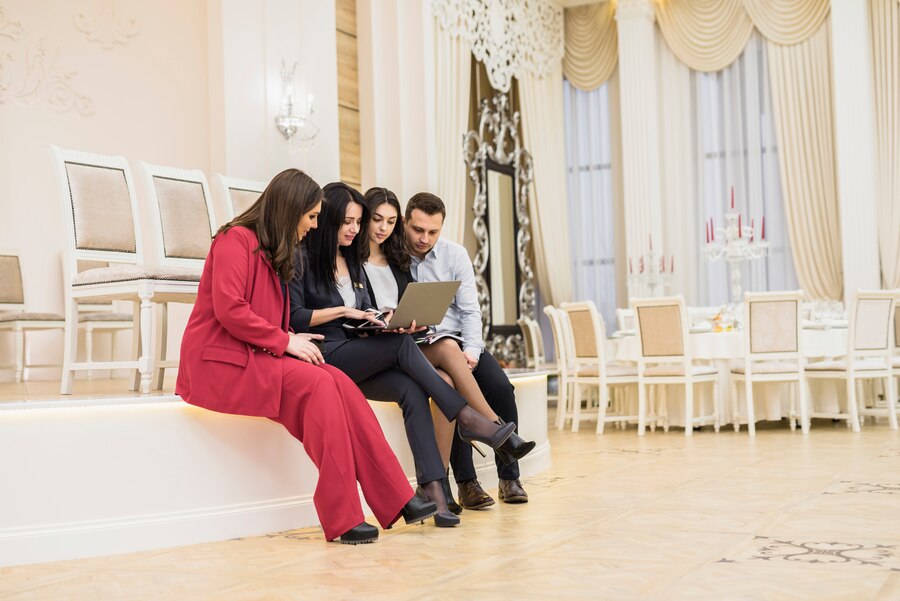In 2006 Philips Design developed a series of dynamic garments as part of their ongoing SKIN exploration research into the area known as emotional sensing. The garment demonstrated how electronics can be incorporated into fabrics in order to show emotions and personality of the wearer. This was followed by the Electronic Tatoo Project in 2007, also on the idea of emotional sensing. Later in 2011, they came up with the Microbial Home. The home was not designed to be a concept that would be launched in the market any time soon but as a probe into the probability which might give some lead into immediately possible directions. Many companies like Microsoft, Google, Amazon and Apple have, over the years, taken to this approach.
I believe and understand the future
of design innovation lies not in answering the What Is? But in questioning What
If?
What is Speculative
Design
I
have tried to understand Speculative Design for a few years now and depending
on whom I have had this discussion with, there are several terms that come up
like Critical design, Radical design, Discursive design, Design fiction, Future
design, Interrogative design etc. I was introduced to Speculative design during
my Master’s program and have since been fascinated by the world of ideas it
opened up. The term was originally coined by Anthony Dunn. He, along with Fiona
Raby, formulated the Design Interactions program at the Royal College of Art.
Speculative design questions the effect of design on future societies and its
impact on the present if the past was designed differently and the
possibilities of future societies if designed differently now. The process of
speculation starts with questioning culture, society, politics, human
interactions and environment and how the web of events around these parameters
helps us design possible futures and act as a catalyst for change.
Origins
in Brief
The post-world war II period was a time of heightened social and political anxiety but also an era of dynamic creative change. This was also the era of plastics and rock n roll, where plastics transformed the way societies consumed everyday essentials and rock and roll took music beyond blues, country and jazz. Post war period saw the rise of deconstructivism – a concept developed by Algerian born French philosopher Jacques Derrida. The radical architecture and design practices of the 1960’s and 70’s is considered a common references of speculative design practices. Most important of them was Archizoom, an Italian avant-garde group founded by Andrea Branzi in 1966. They were designing critical utopias – ideal cities that made fun of their own idealism like ‘the no-stop city project’.
Speculative
Design – Why Now?
From a conventional perspective, design has always been revolving around a problem-solving practice. Problems detected either by other streams, professions or the industry focusing on the betterment of living standards. This practice is reinforced by architects and designers of the modernist era with Louis Sullivan propagating ‘form follows function’ and further by Frank Lloyd Wrights ‘form and function are one’. Essentially, design is limited to being a service provided to client needs. To borrow a phrase from Superstudio (a radical practice of the 1960’s) – critical design practice is less concerned with ‘problem solving’ than ‘problem finding’.
The future demands that designers
change their current role and start collaborating and co-creating with other
trans-disciplinary settings. As a result, design students are to be trained in
different set of skills. Speculative design practice is the most representative
example of the new interactions between the various disciplines.
The School of Interior Design at UID –
for the first time had designed a studio on speculative thinking set in India
in 2050. In a setting like India, where diversity is prevalent in all walks of
the society – including social, cultural, political, environmental, education
and technological accessibility, it makes for an interesting world to
speculate. While the designers in various parts of the world speculate theirs, this
studio was an attempt to spark conversations and spur innovation within the
Indian context.
This studio sought to address the changing role of designers which the present generation of design students would confront in their future careers and help understand and develop new guidelines. The process and method in the studio is shared by the students through their blogs hosted in the below link.
www.descroll.com/speculative_environments/
Studio Mentors :
Ankita Trivedi, Samhita Gandhi, Padmavati Mokaria,
Hariesh K. Sankaran
Author:
Hariesh Sankaran, Associate Director and Associate Professor, School of Interior Design, Unitedworld Institute of Design (UID)
Disclaimer: The opinions / views expressed in this article are solely of the author in his / her individual capacity. They do not purport to reflect the opinions and/or views of the College and/or University or its members.






